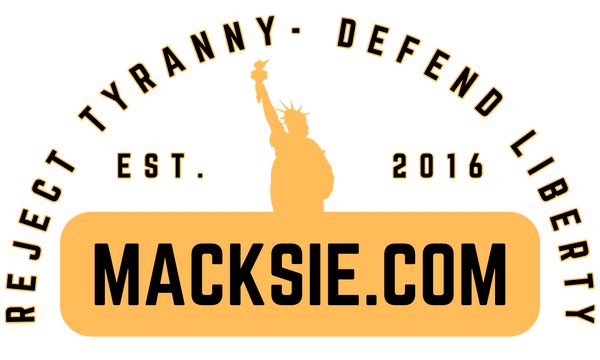Government intervention in the economy has been a divisive issue for decades. While some people argue that government intervention is necessary to address societal issues, others believe that it leads to failure more often than not. In this article, we will examine why government intervention is problematic, specifically when it comes to the welfare state and failed socialist policies.
The welfare state is a system in which the government provides social services to its citizens. Supporters of the welfare state argue that it helps reduce poverty, inequality, and provides a safety net for those in need. However, critics of the welfare state argue that it creates a culture of dependency, reduces individual responsibility, and can lead to a cycle of poverty. Additionally, the cost of the welfare state can be significant, and it can create disincentives to work and innovate, leading to an overall reduction in productivity.
Socialist policies involve the government controlling or owning the means of production and distribution of goods and services. While some argue that socialism can create a more equitable society, history has shown that socialist policies often fail. For example, the Soviet Union's five-year plans led to widespread shortages, stagnation, and an overall decrease in living standards. Similarly, Venezuela's socialist policies have led to hyperinflation, food shortages, and widespread poverty.
One of the main issues with government intervention in the economy is that it distorts the free market. When the government interferes with the market, it disrupts the natural supply and demand curves, leading to inefficiencies and unintended consequences. Price controls, subsidies, and tariffs can all have unintended effects on the market, leading to shortages, surpluses, and distorted prices. Additionally, government intervention can create a moral hazard, where businesses take unnecessary risks knowing that the government will bail them out if they fail.
Another issue with government intervention is that it can be costly and inefficient. Government agencies are often plagued by bureaucratic red tape and inefficiencies, leading to waste and mismanagement. Additionally, the cost of government intervention can be significant, as taxpayers foot the bill for subsidies, bailouts, and other government programs.
In conclusion, government intervention in the economy is a complicated issue with many potential unintended consequences. The welfare state and failed socialist policies have shown that government intervention can create dependency, reduce individual responsibility, and lead to an overall decrease in productivity. Moreover, government intervention can distort the free market, create a moral hazard, and be costly and inefficient. While there may be some cases where government intervention is necessary, it is important to carefully consider the potential unintended consequences before implementing any government program or policy. Ultimately, a free and competitive market is often the best mechanism for promoting growth and prosperity.









